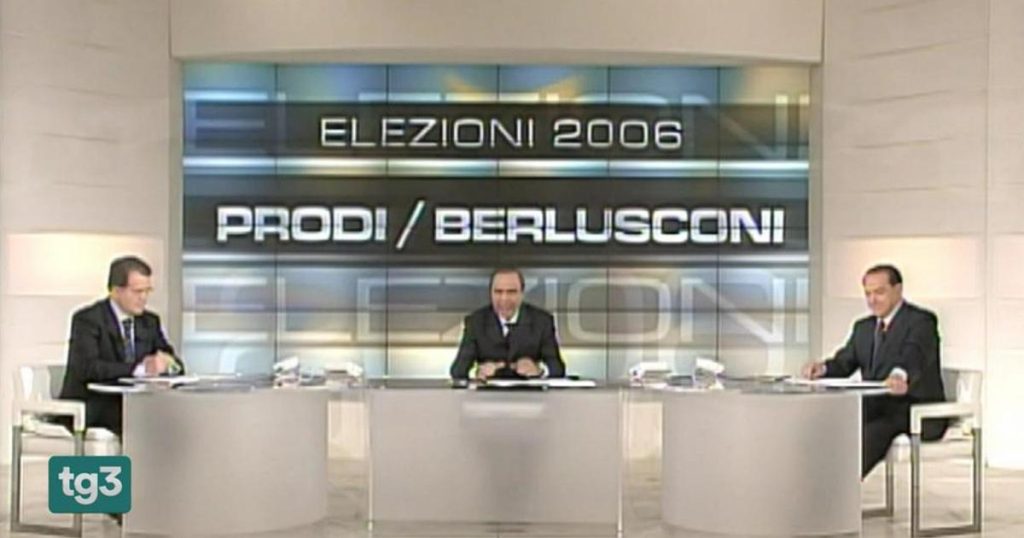The tradition of televised political debates between Italian leaders has not been very successful in Italy since the Second Republic was established. The last direct match took place in 2006, with Silvio Berlusconi and Romano Prodi facing off, moderated by Clemente J. Mimun and later by Bruno Vespa. However, it was the historic debate in 1994 between Berlusconi and Achille Occhetto, moderated by Enrico Mentana, that remains in the annals of history.
Despite the lack of recent direct debates, the tradition of political confrontations in Italy remains strong, with leaders often engaging in verbal sparring through other means. These confrontations are often highly anticipated events, with the Italian public eager to see their political leaders face off and defend their positions on various issues. While televised debates may not be as common as in other countries, the passion and intensity of these confrontations are undeniably Italian.
The 1994 debate between Berlusconi and Occhetto is remembered for the clash of ideologies and personalities between the two leaders. Berlusconi, a media mogul turned politician, and Occhetto, the leader of the Democratic Party of the Left, represented opposing views on the future of Italy. The debate was closely watched by the Italian public, with many viewing it as a pivotal moment in Italian political history.
The role of the moderator in these debates is crucial, as they are responsible for guiding the discussion and ensuring that both sides have an equal opportunity to present their arguments. Enrico Mentana, who moderated the 1994 debate between Berlusconi and Occhetto, is widely regarded as one of the best moderators in Italian television history. His professionalism and impartiality helped to make the debate a fair and balanced exchange of ideas.
As Italy continues to navigate the complex world of politics, the tradition of televised debates between leaders may see a resurgence in the coming years. With the rise of social media and new technologies, political confrontations are no longer limited to traditional television formats. Leaders now have multiple platforms through which to engage with the public and present their ideas, making the prospect of future debates even more exciting for the Italian people.
In conclusion, while the tradition of televised political debates between leaders may not be as common in Italy as in some other countries, the passion and intensity of these confrontations remain a key aspect of Italian political culture. The 1994 debate between Berlusconi and Occhetto serves as a reminder of the importance of such debates in shaping the future of the country. As Italy looks towards the future, the tradition of political confrontations is likely to continue to play a significant role in shaping the national discourse and political landscape.


